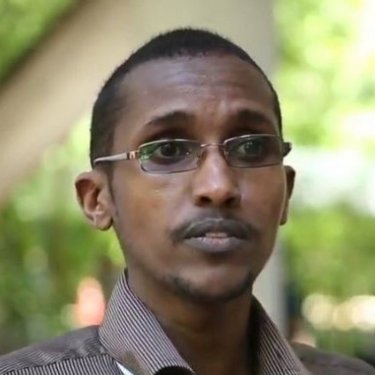Several Ugandan journalists arrested while investigating corruption

Reporters Without Borders (RSF) calls for the immediate and unconditional release of two Ugandan journalists who were arrested on 6 February while doing an undercover investigation into trafficking in pharmaceutical drugs between Uganda and neighbouring countries.
Update
Reporters Without Borders (RSF) is relieved to learn that three Ugandan journalists who had been arrested in connection with their undercover reporting were released today. Two of them had been arrested on the evening of 6 February and the third had turned himself in to the police earlier today. In a statement, the police recognized that the journalists had been trying to demonstrate the ease with which pharmaceutical drugs could be acquired illegally from public health centres. The police statement also encouraged the journalists to continue making their TV documentary designed to expose this kind of corruption.
RSF, which condemned the arrests, is nonetheless concerned about the ambiguity of the position taken by the police, who conditioned the release of the journalists on payment of bail, and who say they are continuing to investigate whether the journalists broke any laws when acquiring the drugs. RSF calls for all proceedings to be dropped so that the journalists can continue their public interest reporting without any threat hanging over them.
The two journalists, BBC producer Mohamed Kassim and Godfrey Badebye, a cameraman with the Ugandan TV channel NBS, were arrested together with their fixer and driver in the capital, Kampala, while investigating the suspected theft of drugs by government employees from public health centres for the purpose of sale to nearby countries such as South Sudan and Democratic Republic of Congo.
In an attempt to arrest Solomon Serwanjja, another NBS journalist working on the same story, the Kampala police went to his home on the night of 6 February, but he was not there and has been in hiding ever since. When reached by RSF, Serwanjja said the police searched his home, seized several boxes of medicines acquired during the investigation, and arrested his wife. “It’s a big theft racket,” Serwanjja told RSF by telephone. “Our story exposes the whole rot in the system.” He added that he was going to turn himself in to the police “because that’s the condition they put for releasing my wife".
“By arresting journalists on the verge of exposing corrupt practices instead of arresting those presumably responsible for these practices, the Ugandan police are going after the wrong targets and are casting doubt on the sincerity of the government’s declared fight against corruption,” said Arnaud Froger, the head of RSF’s Africa desk. “These journalists were just doing their job and should never have been detained. We call for their immediate and unconditional release.”
The police issued a statement saying they had arrested five suspects, including two journalists, for “illegal possession of classified drugs,” a charge punishable by up to five years in prison and a fine of 477 euros.
The creation of a special unit to combat corruption within the state administration and identify corrupt officials was announced by President Yoweri Museveni last December with great fanfare. Uganda is ranked 149th out of 180 countries in Transparency International’s Corruption Perceptions Index.
In RSF’s 2018 World Press Freedom Index, Uganda is ranked 117th out of 180 countries, five places lower than in 2017.



